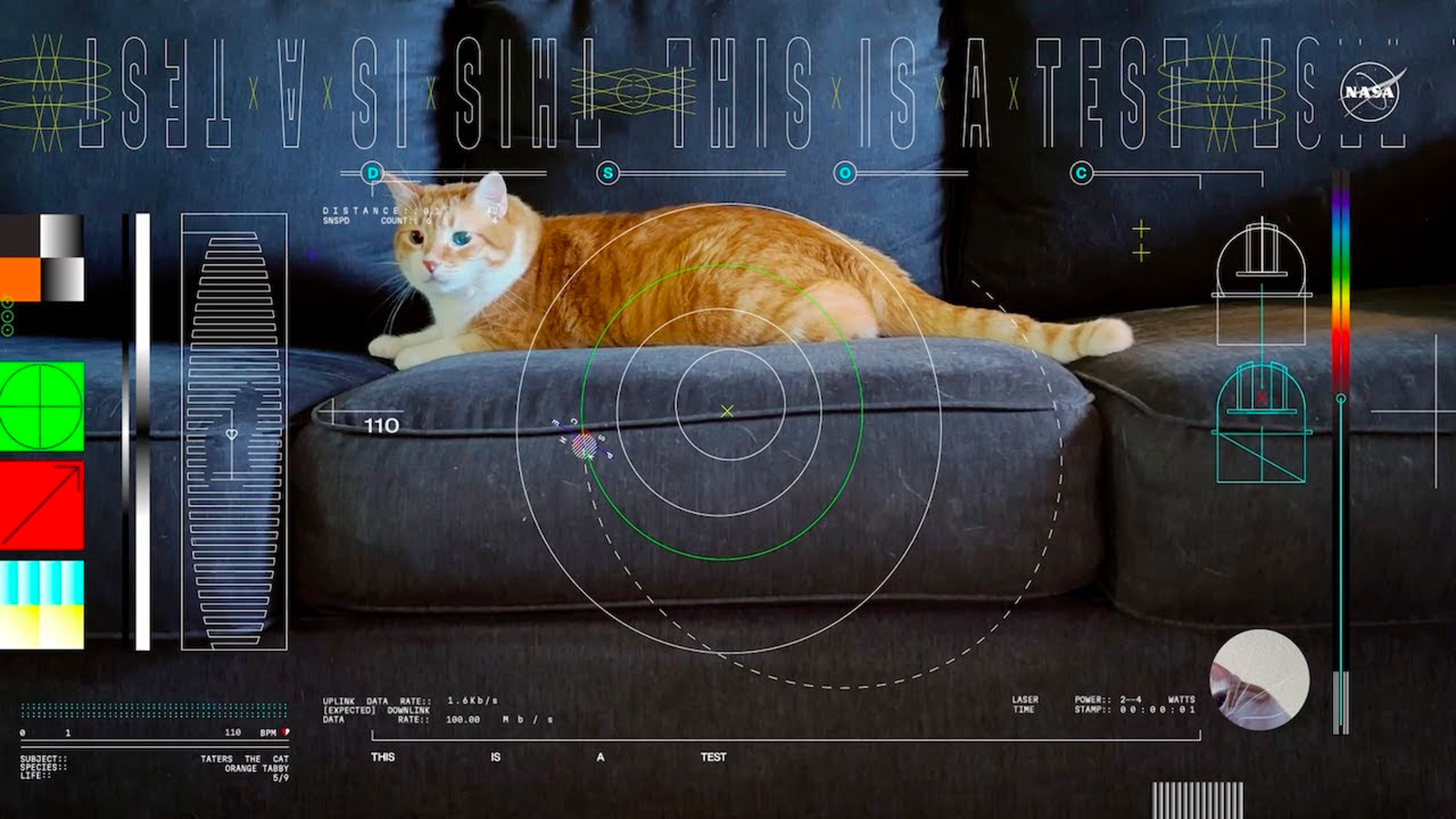Susan Herman: I think that all people should be taught what their rights are before
they encounter a police officer; it’s something you should know. And
you should not start thinking at the moment when suddenly there’s the
police officer, “Oh, I wonder what my rights are?” So it’s just a good
thing for everybody to know as part of their basic education.
If you get pulled over by the police and you don’t know why, I think
the most important thing that a lot of people don’t know is to be polite
on the one hand. But on the other hand, you do have certain rights in
that situation. The police are not actually supposed to pull people
over for no reason, under the Fourth Amendment, which is our protection
against unreasonable searches and seizures. The police do have to have
some reason to stop somebody, to interfere with their liberty. So you
could ask the officer, "Why am I being pulled over?" if you’re in a car or
"Why am I being stopped?" if you’re on the street.
If the officer does have, you know, a probable cause to arrest you or,
you know, to give you a ticket or something like that, then, you know,
that’s something that presumably will happen. But you do have a right
to go about your business if, in fact, the officer does not have a
particular reason to stop you, if the officer is just stopping to say,
“Hey, how are you doing?" or "What are you doing in this neighborhood?”
- you do then have the right to just say, “I’m fine, thank you,” and just
walk on. And you also do have the right, if the officer questions you; You have a right to be silent and to not say anything.
So I think a lot of people don’t know if an officer says, “Will you
answer the following questions” or, “Do you mind if I search the trunk
of your car,” or “What’s in your brief case?” I think most people feel
that they have to cooperate and say, “Yes.” But in fact, if the officer
is just asking, then you do have the right to say "no.
If the police have probable cause to arrest somebody, that means, they
have seen you speeding or they have some other reason to believe you’ve
committed a crime. At that point, they do have the right to arrest
somebody and to also do what’s called a “search incident to the arrest”
of the person and of their vehicle, if they’re driving a vehicle. And
at that point, if somebody tries to get away, once they are properly
being under arrest, that’s resisting arrest, and that’s a crime.
However, if an officer does not have probable cause to arrest somebody, then you know, that person is going to have a right to walk away
because they’re not under arrest. It’s not resisting arrest if an
officer just would like to ask you to consent to a search or something
like that and you say, “No, I don’t want to consent.” At that point,
you do have the right to walk away. That’s not resisting arrest, that’s
not obstruction of justice; it’s just exercising your Constitutional
rights.
But there’s a caveat here because the Supreme Court has not been so
good, first of all, of the fact that the police should really be
explaining to people what our rights are. The other thing that the
Supreme Court says is that if you don’t just walk away, if you run away
from the police, that added to very little else might be considered to
be suspicious enough to then give the police more ground for
intervention. So I think the important thing for people to remember
during any encounter with the police is remain calm, remain respectful,
but also assert your rights because you do have those rights. And the
mere fact that the police don’t tell you what your rights are doesn’t
mean you don’t have them. It just means you have to know on your own
what your rights are.
Directed / Produced by
Jonathan Fowler & Elizabeth Rodd





